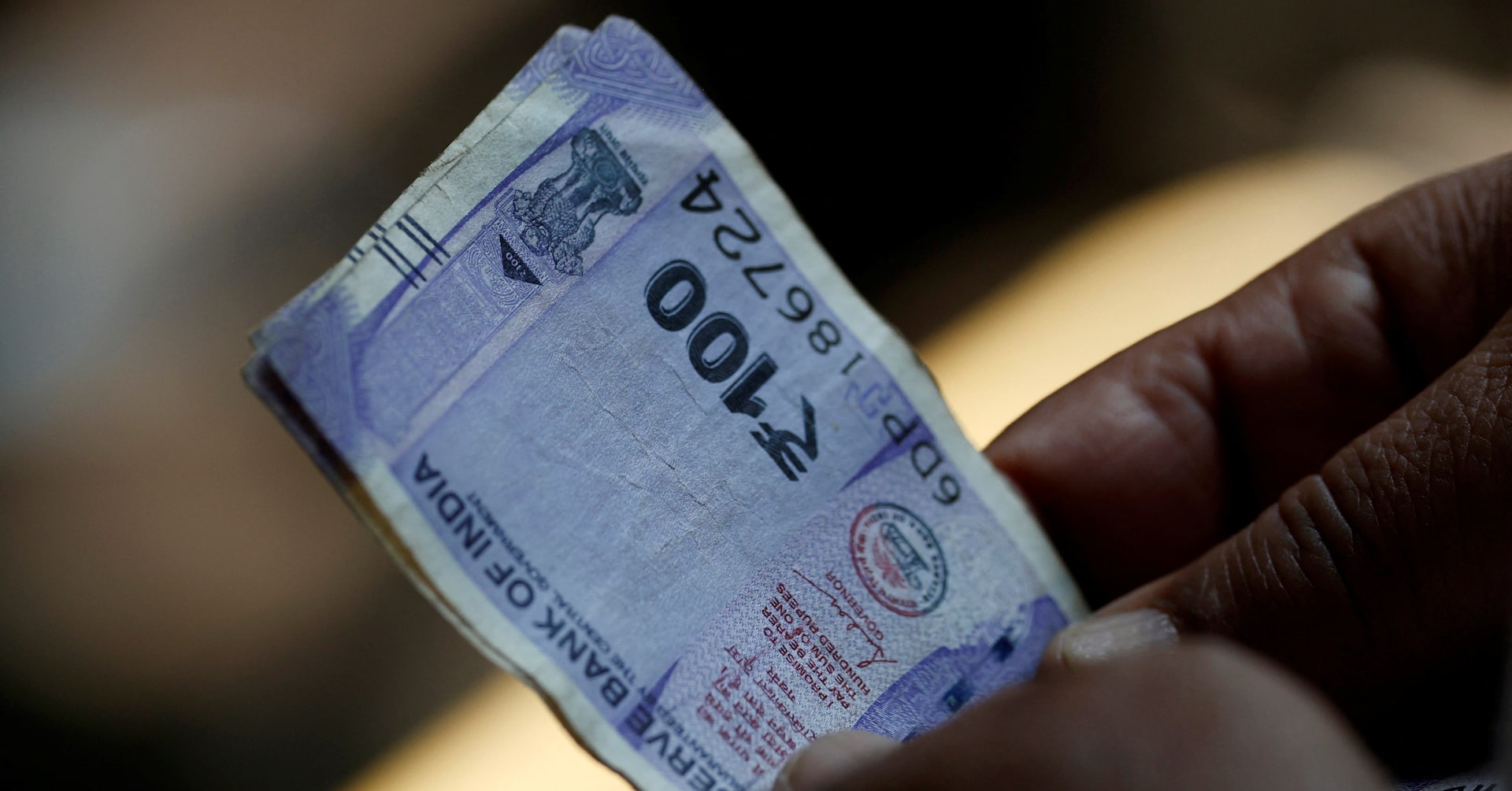Think your budget's tight? The average household leaks hundreds monthly through invisible costs, with 84% of people underestimating subscription spending alone. These sneaky drains are sabotaging your wealth—here's where to look.

Where's Your Money Really Going? The Hidden Drains You're Probably Missing
Let's talk about something that's been bugging me lately. You know that feeling when you check your bank account and think, "Wait, where did all my money go?" Yeah, we've all been there. But here's the thing – while we're busy watching the big expenses like rent and car payments, sneaky little financial leaks are quietly draining our accounts.
Think of your money like water in a bucket. Sure, you can see the big hole at the top where your rent money flows out, but what about all those tiny pinholes letting drops escape? Over time, those drops add up to a lot more than you'd expect.
The Subscription Trap (And Yes, You're Probably In It)
Remember the good old days when Netflix was your only subscription? Now we're drowning in them. The other day, I was helping a friend audit her accounts – turns out she was paying for three different streaming services she hadn't watched in months. Sound familiar?
Here's what's wild: most people think they're spending maybe $80 a month on subscriptions. The reality? It's usually closer to $200 or more. That meditation app you downloaded during your "new year, new me" phase? Still charging you. That cloud storage you got for "just one project"? Yep, still there.
Time for some tough love: grab your phone right now. Open your banking app. I'll wait... Now, scroll through your recurring charges. Shocking, right?
Banking Fees: The Silent Wealth Killer
Speaking of banks – let's get real about these "friendly" financial institutions. They're not exactly your BFFs when it comes to fees. That "free" checking account? Probably not so free. Many banks are masters at the old bait-and-switch, hitting you with maintenance fees if you don't jump through their minimum balance hoops.
True story: I recently helped my cousin save $428 annually just by switching banks. The kicker? Her new account actually pays her interest instead of charging fees. Wild concept, right?
The "Convenience" Con
Look, I get it. After a long day, ordering DoorDash seems totally worth the extra cost. But let's do some quick math: $8 delivery fee + $5 service fee + tip + marked-up menu prices = paying nearly double for your dinner. Multiply that by a few times a month, and suddenly you've got a pretty expensive convenience habit.
I'm not saying never order delivery – I'm saying be strategic about it. Maybe make it a once-a-week treat instead of your go-to solution. Your future self (and your wallet) will thank you.
Insurance Overlap: Double Coverage, Double Trouble
Here's something that drives me nuts: watching people pay twice for the same coverage. That phone insurance you're buying? Check your credit card benefits – you might already have it. Paying extra for rental car coverage? If you have full coverage auto insurance, you're probably already protected.
The Energy Vampire Situation
Want to hear something spooky? Your house is full of vampires – energy vampires, that is. That TV on standby mode? Sucking power. Your "turned off" microwave with its clock display? Still drinking electricity. Even that phone charger you left plugged in? Yep, it's feeding too.
The fix isn't complicated, but it does require some attention. Smart power strips are your friends here. They're like bouncers for your electronics – cutting off power to devices that are just hanging around wasting energy.
The Wake-Up Call You Need
Look, this isn't about becoming some extreme penny-pincher who washes and reuses plastic bags (though hey, no judgment if that's your thing). It's about being smart with your money. Every dollar that slips through these hidden drains is a dollar that could be working for you instead of against you.
Start somewhere small – maybe tackle those subscriptions first. Then move on to banking fees. Take it step by step. The goal isn't to make yourself miserable by cutting every little pleasure out of your life. It's about spending intentionally on things that actually matter to you, instead of letting your money leak away on stuff you don't even use or notice.
Remember: Financial freedom isn't about having the biggest paycheck – it's about keeping more of what you earn. And sometimes, the smallest leaks make the biggest difference when you finally plug them.